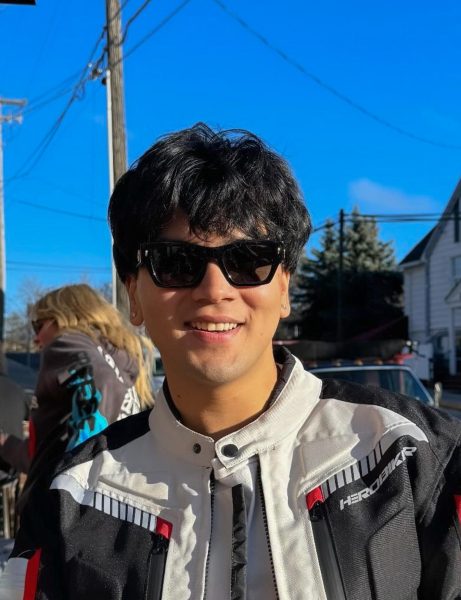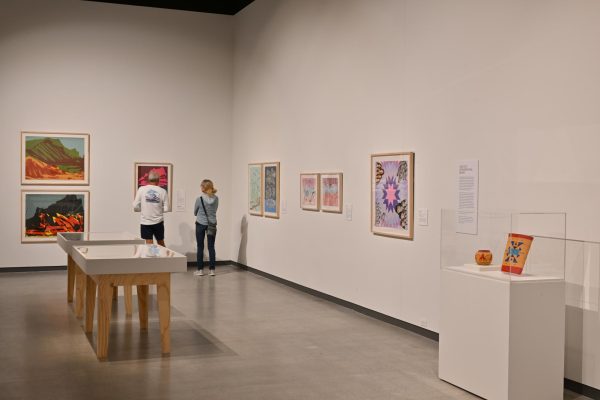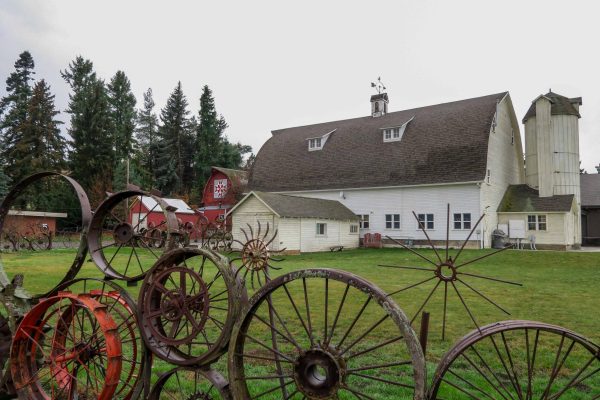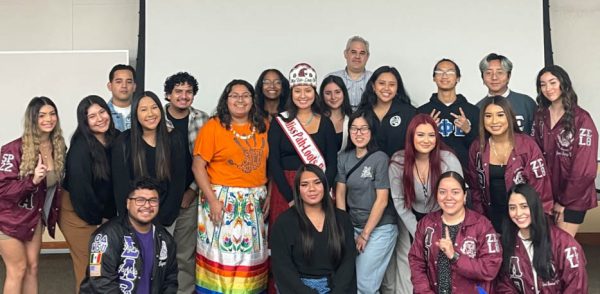“Uncomfortable Conversations w/ Emmanuel Acho: Mental health doesn’t discriminate with Lil Wayne
Dozens attend and participate in Mental heath workshop hosted as a part of the MLK program
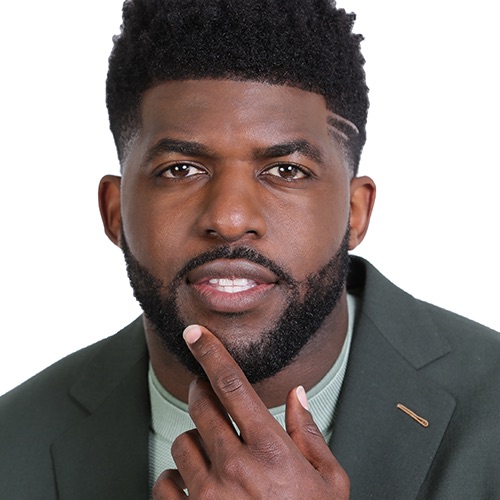
“Uncomfortable Conversations with Emmanuel Acho” facilitates conversations surrounding mental health with Lil Wayne.
February 3, 2022
On Jan. 26, WSU hosted a seminar and workshop for the MLK Program’s screening of “Uncomfortable Conversations w/ Emmanuel Acho: Mental Health doesn’t discriminate w/ Lil Wayne.” After the viewing, attendees actively discussed their thoughts on mental health and how to destigmatize getting help.
When Lil Wayne was around ten years old, his mental health issues started to take shape. Wayne said he realized it was serious when his thoughts got “radical.”
At the age of 12, he felt frustrated with not being listened to by his mother. As a result, Wayne told Acho he lacked a place to vent and adequate support to pursue his dreams.
“How I knew I had mental health problems was, I pulled the trigger,” Wayne said.
Wayne said he ended up in the hospital with a self-inflicted gunshot wound to the chest, saved by one police officer who Wayne called Uncle Bob.
“When he got to the top of the steps and saw me there, he refused to even step over me,” Wayne said.
Officers scoured the apartment while Wayne remained on the floor severely injured. As he lay there, Wayne heard one of the officers yell about finding drugs.
“That’s when [Uncle Bob] went crazy,” Wayne said. “and he was like, ‘I don’t give a fuck about no drugs. Do you not see the baby on the ground?’”
Uncle Bob ushered other officers to help him get Wayne to the hospital, reassuring him that he wasn’t going to die. On the way, Wayne repeatedly told Uncle Bob that he wasn’t a baby.
“I met him years later,” Wayne said. “But he was like, ‘I don’t want nothing, I just want to say, I’m happy to see that I saved a life that mattered.’”
Yadira Paredes, Director of the Louis Stokes Alliance for Minority Participation, found it interesting and also concerning that [mental health] was already affecting such a young child.
“It was cute that he was trying to fight him, saying he wasn’t a baby, but they are,” Paredes said. “They really are; These kids are so little and to know that things like that can start that young.”
Moderator Charles Allen Ross opened the Zoom workshop for comments, participation flooded in. Dozens of attendees from across the WSU system chimed in to add to the discussion, allowing the workshop to be an open and honest conversation on mental health.
“The more that we can normalize the idea that [is] going to therapy or going to seek a doctor about something that your health is suffering from,” said Chris Cordodor, Customer Relationship Management Technology project manager. “The more that that stigma can go away.”
Various people spoke on their own mental health and why changing the image of therapy or assistance is important.
Paredes said she thinks it’s up to us to break those stigmas, to break those chains, to break those tales and those myths.
Wayne’s mental health is doing much better, according to the video, his mental health issues did not go away but simply changed due to his maturity. He said they hit differently, hit harder, but being real about struggles that are going on and being honest about feelings are the first steps to working coping mechanisms that actually help.









